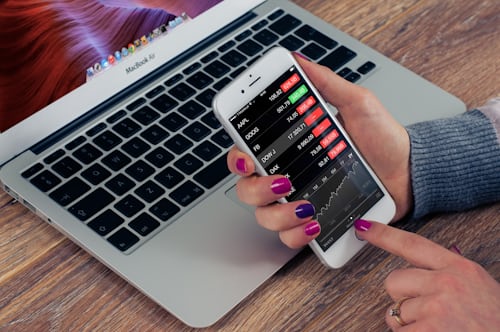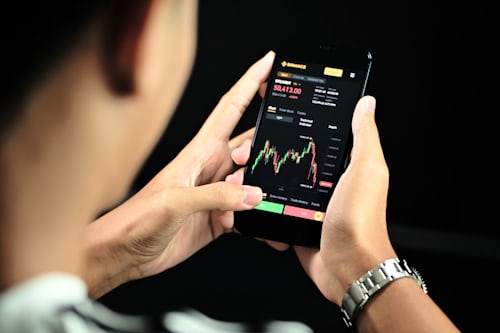Brokers can generally be divided into five types:
- Dealing desk brokers
- Market Maker
- ECN Broker
- STP Broker
- NDD Broker
The differences are usually found in the area of spreads and in the type of order execution.
Dealing Desk Broker
Every order that a trader places with a dealing desk broker goes through the trading desk of the trading department. From there, the trader's order is then forwarded to the exchange or executed in OTC business without the intermediary of the exchange - for example in interbank trading. In the latter case, the broker is usually a market maker, for example in CFD trading.
Market maker
A market maker does not forward the customer's order directly to the financial market via Exness login account. In this case, the broker sets its own prices. The market maker often tries to execute the orders within its own system. This means that he sets the price of one of his own customers against another. Thus, the order often does not leave the broker's system. It can happen that the market maker "hedges" the customer's order, i.e. he enters into an offsetting transaction. This means that if the client loses, the broker wins, and vice versa. The price structure here is often characterised by fixed spreads.
ECN Broker
The abbreviation ECN stands for "Electronic Communication Network". Here, customer orders are immediately forwarded to the interbank market. The price structure is based on a commission and on flexible spreads of the interbank market. It results from the current fluctuation range of the market. There is no dealing desk interposed. The best way to find out who the best ECN Forex broker is is to compare them at BrokerDeal.
STP Broker
The abbreviation STP stands for Straight Through Processing. An STP broker forwards the client's order to an exchange trader, a so-called liquidity provider, for execution. This is often a bank that has direct access to the interbank market. The clients' orders are then executed on the interbank market.
NDD Broker
NDD stands for No Dealing Desk. This refers to brokers who forward their clients' orders directly to the interbank market. These are therefore STP and ECN brokers. The advantages and disadvantages for traders are that they receive the spreads of the interbank market directly.
Note: Not every provider on the market can be assigned to a certain pattern. There are also mixed variants. For example, a broker from the forex area can also be an ECN broker, and in the CFD area a broker can also function as a market maker. Traders should be clear about what they want to trade. Beginners should specifically look for answers to the question "Who is the best forex broker for beginners?". In any case, it is important to take a close look at the favoured provider and decide whether this broker is the right one.
- Betting on cricket in bookmakers online
- Robo Jack slot machine
- The best casino to play slot machines online
- Going for electric or hydrogen drive?
- Type 2 diabetes: who enters the risk group

